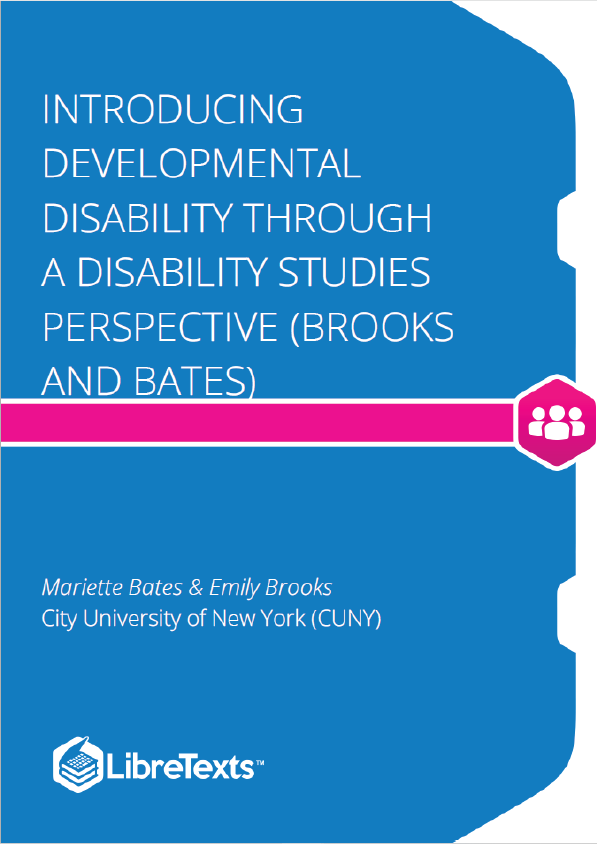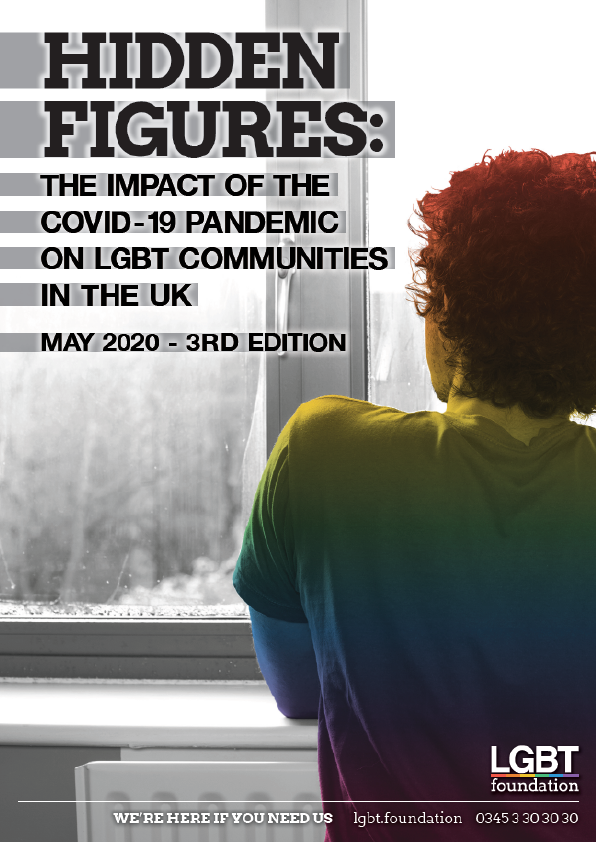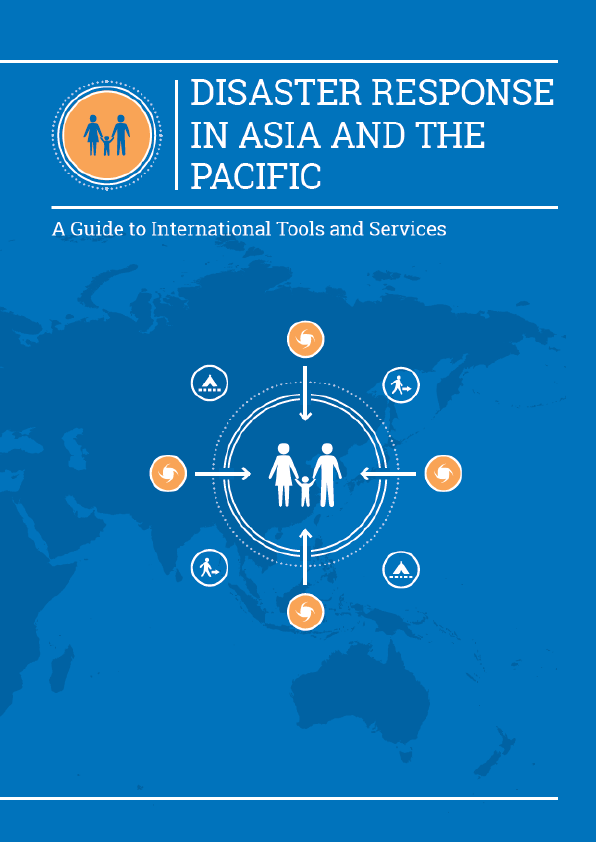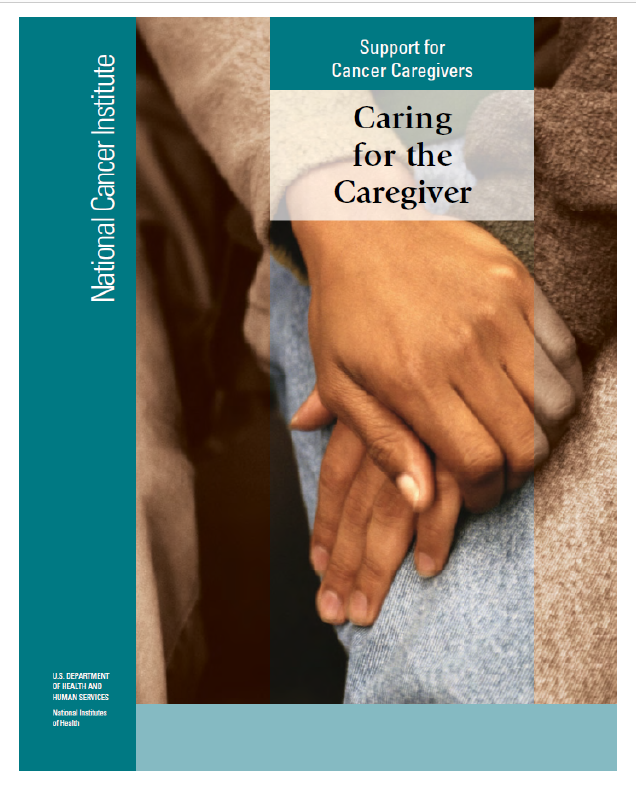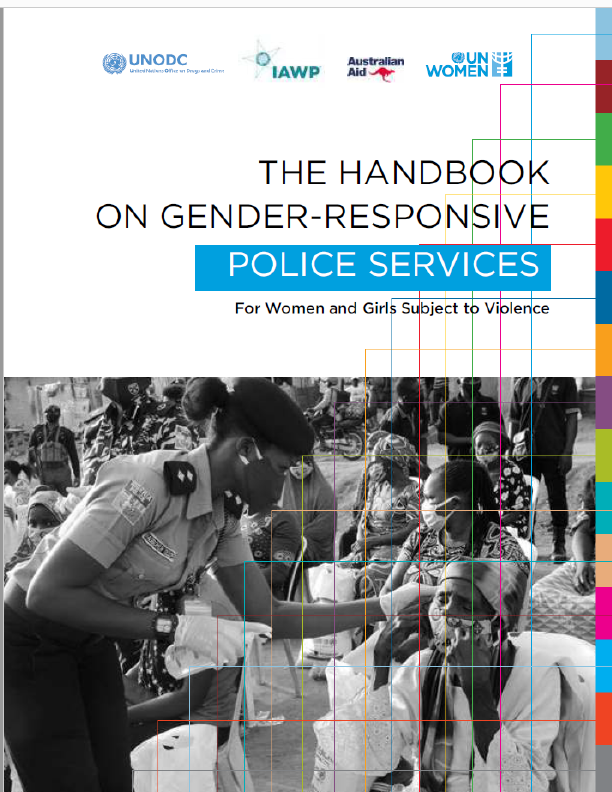Legal Issues, Legal Rights, and Disability
Citizens of the United States obtain rights in three different ways: they are enumerated in our Constitution and Bill of Rights; they are enacted through legislation (local, state or federal) and codified in regulations that further explain or interpret the legislation; or they are the result of court decisions that further define our rights, how they should be interpreted and commonly understood.
Citizens with disabilities have the same rights as citizens who do not have disabilities, among them the right to vote, to own property and dispose of it as they wish, the right to marry, the right to privacy, the right to worship, and freedom of speech, and the right to due process.
After World War II and the Nuremberg Trials, an important concept of informed consent became the standard when medical or other interventions are recommended. This means that a person needs to consent to treatment and needs to understand both the benefits of the treatment and any risks that might derive from the treatment. If we go in for surgery, we are asked to sign a consent form that details what could happen to us as a result of the surgery or of medications that are prescribed. Informed consent also applies to issues like behavior management interventions.
One issue that has involved informed consent and is the source of some tension at the moment is the issue of guardianship. In New York State, the law presumes that anyone who is over 18 can make his or her own decisions. Some individuals with intellectual disabilities may need support in order to make decisions about health care, whether or not to have children, or other life choices. Parents can retain the power to make these decisions for their adult children with intellectual or developmental disabilities if they go to court and petition to remain their adult child’s guardian. Sometimes parents are awarded limited guardianship – they can make some decisions for their adult child with a disability, but not all decisions. Recently a new idea – supported decision-making – is gaining ground. The idea is that the person appoints someone he or she trusts to assist in making important decisions without giving up her or his rights.
When a person with a disability enters public care (or private care) they often give up some rights or parts of rights in order to be eligible for the care they receive. For example, if a person is moving into a group home or apartment program that is run by a service agency, s/he might be giving up some rights to privacy or self-determination in order for the service agency to provide what’s needed. For example, if the person is living with six people and there are two staff members, and five of the residents want to go swimming on Tuesdays, the person who would prefer to stay home may end up going swimming because there is no one to stay home with him or her. Or if the person is used to having a private room s/he may be living with a roommate, at least for a period of time. These issues are typically spelled out so that they are clear before the person moves from one setting to another. While the goal of these organizations should be to provide as much choice as possible – to provide services in the ‘least restrictive environment’ possible, practical issues sometimes mean choices may be limited.
